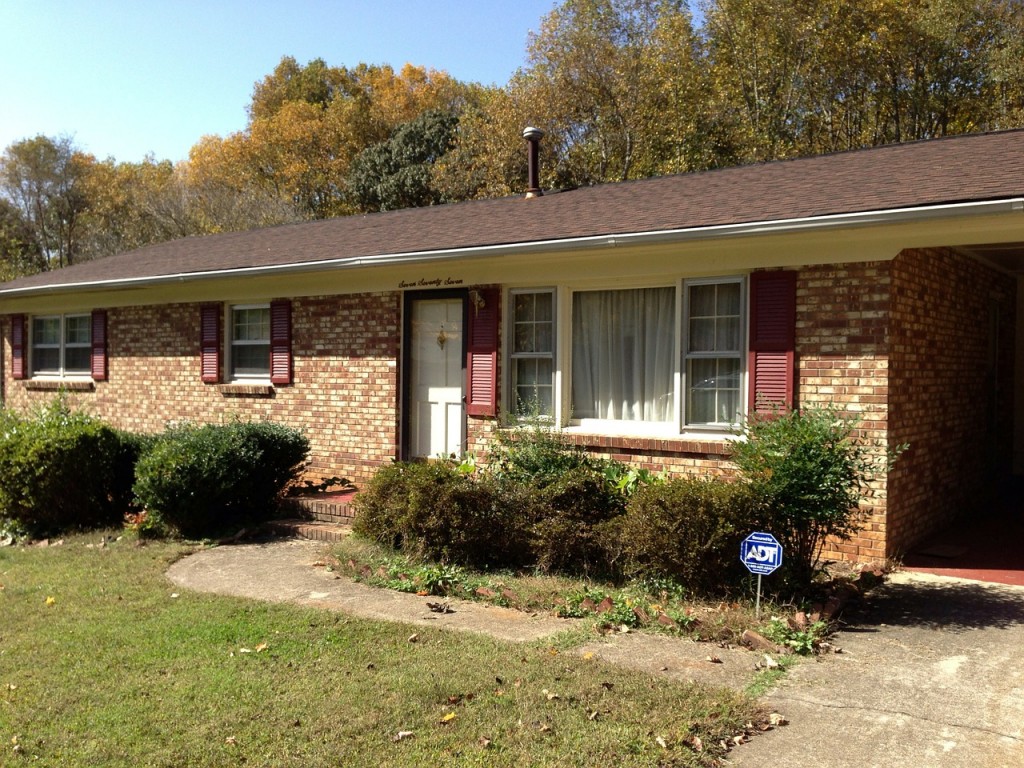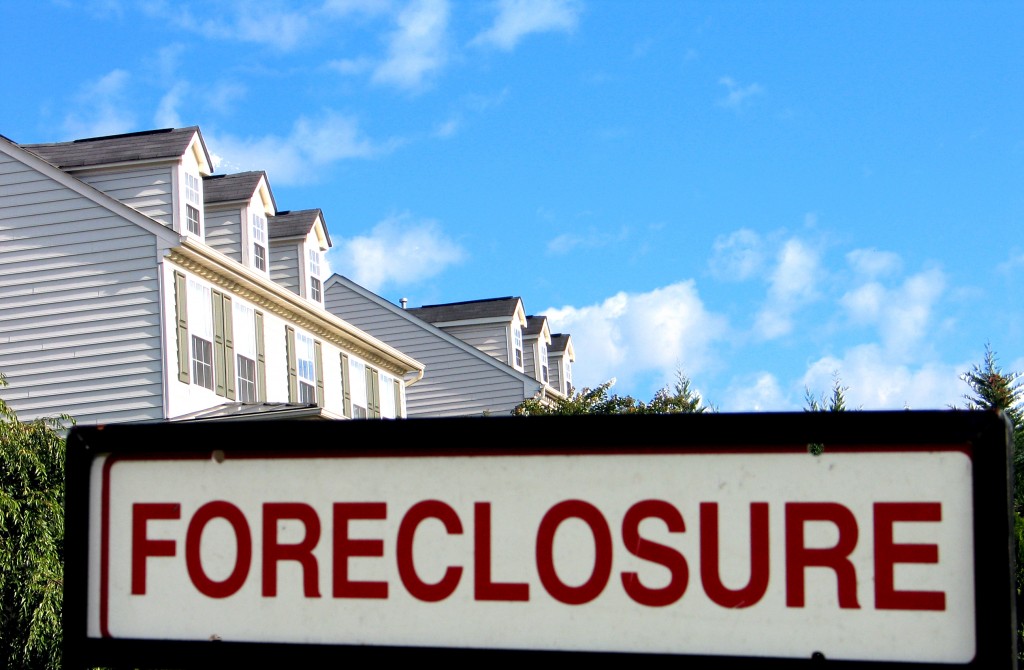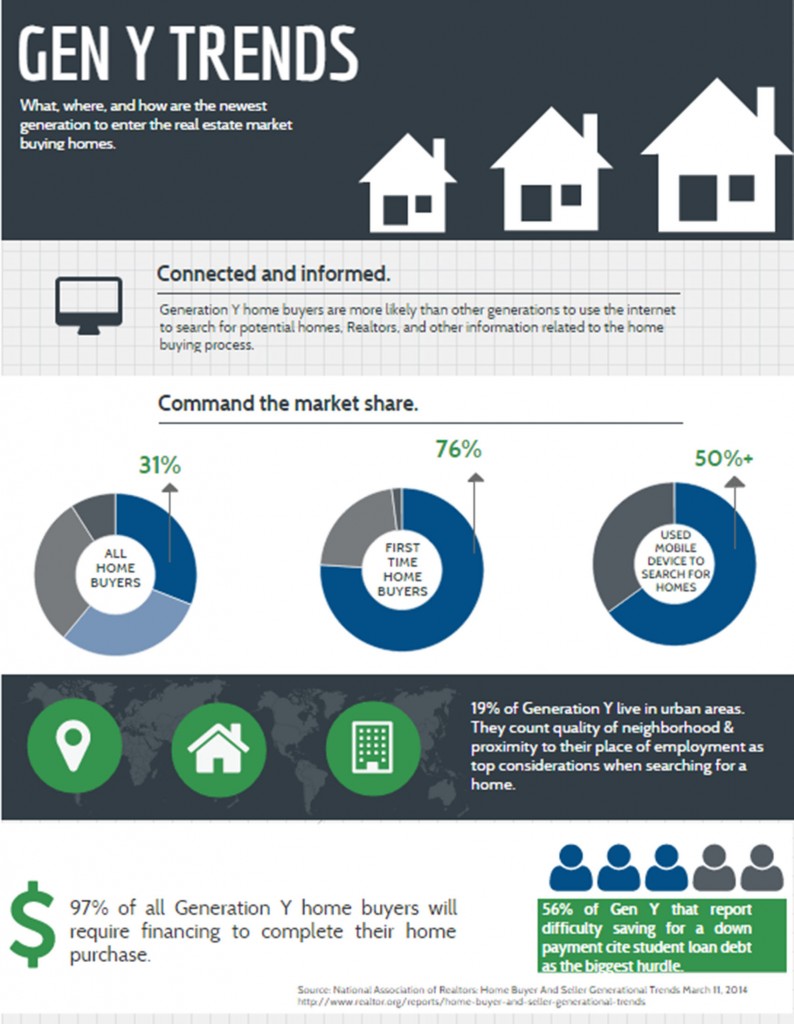The road to homeownership is a straight line from start to finish, right? It’s hire a Realtor, find a house, get a mortgage, and close. Not so fast. While the major stepping stones are almost always the same for everyone, the steps in between can be different from Buyer to Buyer. We bust the misconceptions many home buyers, new and seasoned, have when it comes to finding their next home.

You Need a Big Down Payment
Many people immediately count themselves out of owning a home because they can’t come up with a 20% down payment. While a larger down payment can save you from additional costs such as PMI, it doesn’t necessarily mean you can’t purchase a home. In addition to PMI, there are programs available through the Federal Housing Authority (FHA) that require as little as 3.5% or the Veteran’s Administration (VA) that may have no down payment requirement.
Your Credit Score Isn’t Perfect
Your credit score is not the end all, be all to securing a mortgage. A mortgage underwriter will review much more than the number to ascertain a full picture of your financial health. If you hit a few bumps along the way due to an unexpected illness or unemployment, your underwriter will look at your recent payment history to see if you’ve made any late payments or have any unpaid liens or judgments.
Don’t Talk To Too Many Lenders
People are still laboring under the idea that multiple lenders reviewing your credit report hurts your credit score. FICO, the credit score authority, allows for consumers to shop around for best rates. As long as credit inquiries are all within a 30 day time period, the inquiries show are all counted as 1 inquiry. This is great news that gives potential Buyers the power to find the best interest rate.
You Should Make a Low Offer and Negotiate
Making a low ball offer to “kick things off” is never a good approach. Depending on the market conditions, you may automatically exclude yourself from consideration because the Seller received other, more realistic offers. If the market isn’t super hot, it may give the Seller pause to think you may not be a strong Buyer, which could mean a delayed closing causing them additional months of mortgage payments and taxes. Instead, making your second best offer is often the best practice and provides you with room to negotiate should the Seller counter your offer.
When you decide you’re ready to become a home owner, do your research and contact our team to help you through each step of the process from pre-approval to sold.





